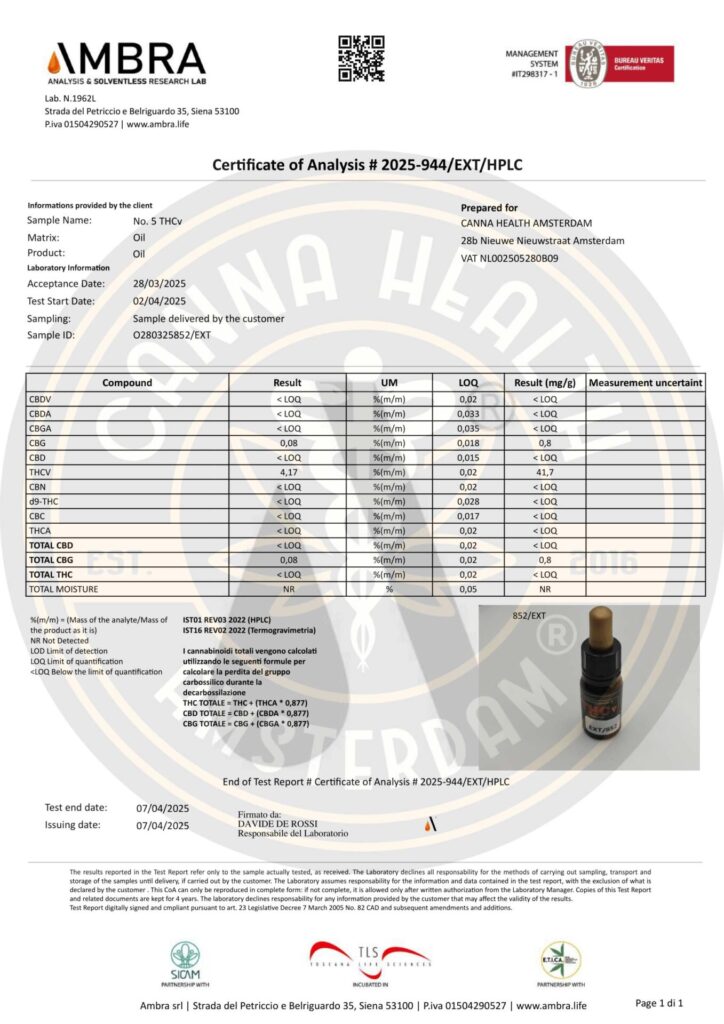
Blog
Metformin: Medical Application vs Lifestyle Misuse

Introduction
Recent highlights on metformin, an active ingredient in diabetes management medications. Focus on its side effects and off-label use among young people seeking quick weight loss solutions to meet societal beauty standards.
Metformin’s Medical Use and Associated Risks
Metformin, essential for diabetes management, regulates blood sugar levels and improves insulin sensitivity. Recent developments have cast a shadow over its well-established role in treating type 2 diabetes due to safety concerns. In 2023, medical and regulatory authorities emphasized the increased risk of intestinal blockages associated with metformin use. These warnings draw attention to the severe health risks that can arise, even when used as prescribed. Legal actions against pharmaceutical companies further complicate the situation. These lawsuits claim metformin’s health risks were inadequately disclosed. Indicating a possible communication gap about the drug’s safety to patients and healthcare providers.
The severity of metformin’s side effects has been a growing concern. Reports from users indicate a range of serious health issues, some of which have led to increased visits to emergency rooms. These reports are not isolated incidents but point to a broader trend of adverse reactions. Alongside the risk of severe health conditions, a significant number of users experience gastrointestinal problems. Symptoms such as nausea and vomiting, although less severe, can greatly affect the daily lives of metformin users. This range of side effects, from mild to severe, highlights the importance of careful monitoring and consideration in prescribing and using metformin.
Lifestyle Misuse Among Young People
Young individuals misusing metformin for weight loss. Driven by societal pressures for a thin and lean image, overlook its primary diabetes treatment role and expose themselves to significant health risks. Research evidence highlights several concerns in this demographic. Notably, young adults who use metformin without a medical need may face altered metabolic functions. Studies have indicated that unnecessary interference with insulin and glucose levels in a healthy body can disrupt natural metabolic processes, potentially leading to long-term health complications.
The risk of side effects like gastrointestinal distress, including nausea and vomiting, is alarming in young users due to its impact on nutrition and health. Additionally, severe risks such as lactic acidosis, a rare but serious complication, are noted with inappropriate metformin use. This condition can be life-threatening and is particularly risky for individuals with no underlying need for the drug.
In summary, the off-label use of metformin by young individuals for weight loss purposes is a risky endeavor. It highlights the need for more education and awareness about the dangers of misusing prescription medications and the importance of addressing body image issues in a healthy and holistic manner.
The Potential of THCV as a Safer Alternative
THCV (Tetrahydrocannabivarin), a cannabis compound, has emerged as a promising, safer weight management alternative to metformin, recognized for aiding weight loss and metabolic regulation with fewer severe side effects.
- Appetite Suppression and Metabolic Benefits: One of the most notable effects of THCV is its ability to suppress appetite, a key factor in weight management. Unlike typical appetite suppressants, THCV does not seem to cause significant side effects, such as jitteriness or an increased heart rate. This makes it a more appealing option for those seeking to control their weight without compromising their overall well-being. (Abioye et al., 2020)
- Blood Sugar Regulation: THCV has also shown potential in regulating blood sugar levels. This is particularly significant given that stable blood sugar levels are crucial in managing cravings and preventing overeating. Preliminary studies suggest THCV improves insulin sensitivity for healthy glucose levels, similar to metformin but with potentially fewer side effects.
- Safety Profile: While research on THCV is still evolving, early studies indicate that it has a favorable safety profile. Especially when compared to metformin. The lack of severe side effects commonly associated with prescription medications makes it a potentially safer option for those looking for natural alternatives for weight management and metabolic health.
- Holistic Health Approach: THCV’s potential extends beyond just weight management. Its role in promoting overall metabolic health, including potentially positive effects on lipid profiles and reduced risk of fatty liver, positions it as a holistic health supplement. This is particularly appealing for individuals who are seeking comprehensive health solutions rather than just weight loss.
Conclusion
The dual issues of metformin’s medical side effects and its misuse for lifestyle purposes underscore the need for caution and awareness when using prescription drugs. The emergence of alternatives like THCV offers hope for safer weight management options. Individuals, especially youth, need education about the risks of misusing prescription medications and should explore safer alternatives with professional guidance. Health educators and professionals have a pivotal role in disseminating this knowledge and encouraging health-first approaches over societal beauty standards.
THCv Oil – No 5: 500 mg THCv
Disclaimer: This blog is for informational and educational purposes only. We review and reference available studies and reputable sources; however, content may not reflect the most current research or regulations and should not be taken as medical, legal, or professional advice. We do not make or imply health claims. Products mentioned are not intended to diagnose, treat, cure, or prevent any disease and statements have not been evaluated by EFSA or the FDA. Effects can vary between individuals. Always consult a qualified healthcare professional before use and verify that any product or ingredient is lawful in your jurisdiction.


















